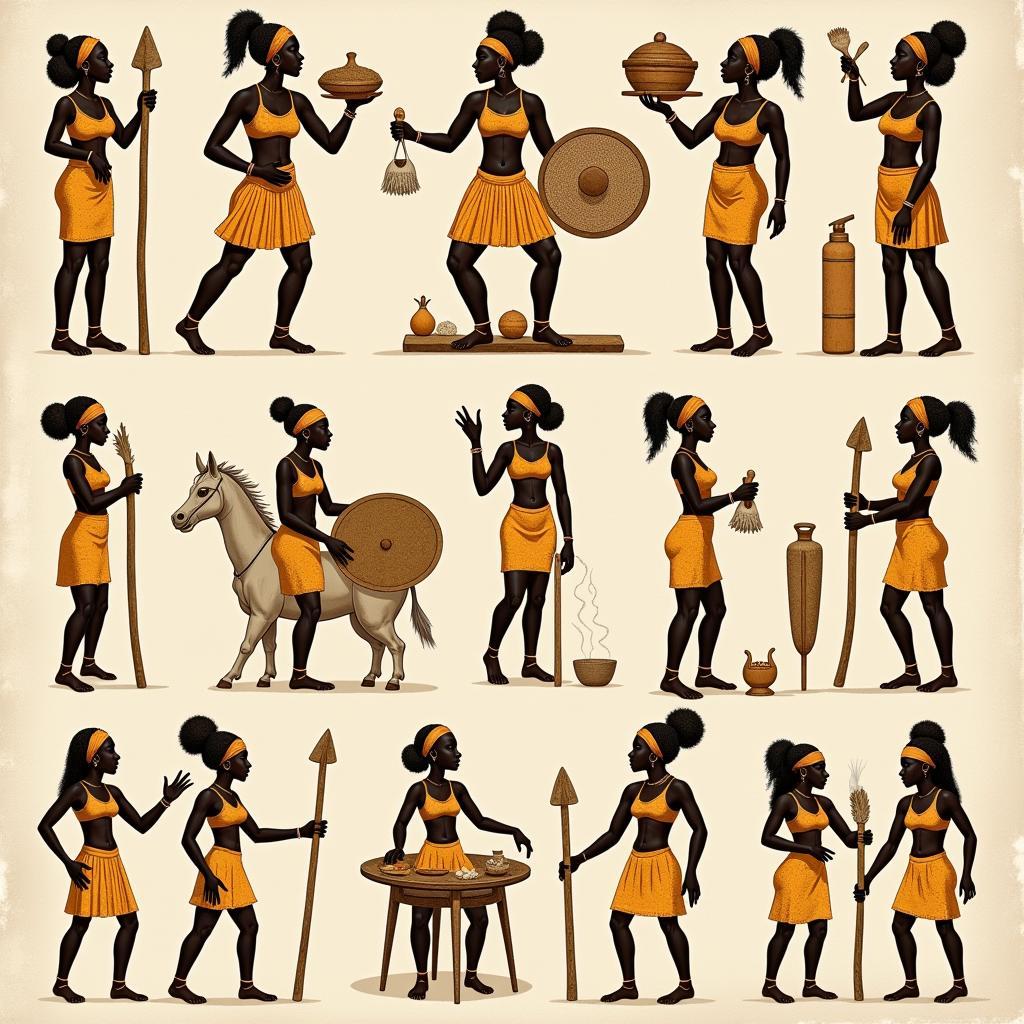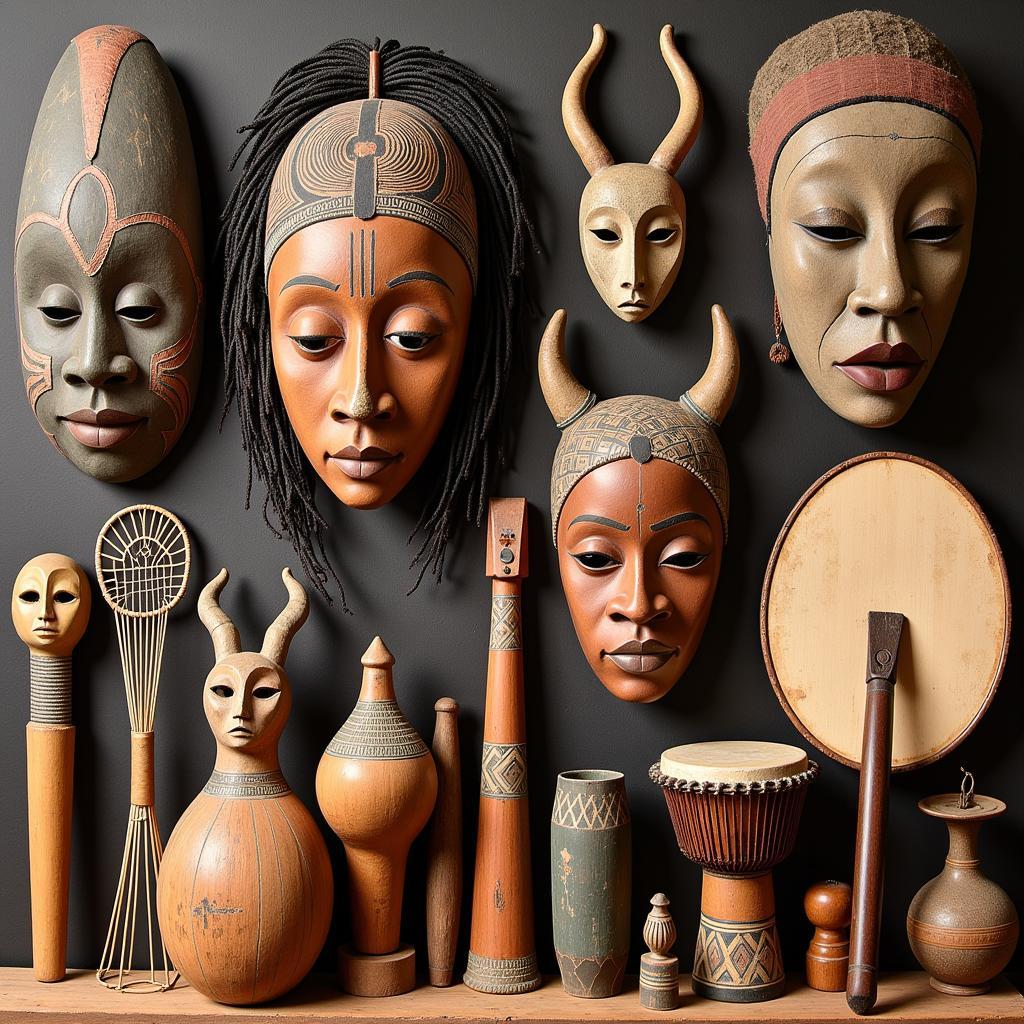Test Your Knowledge: African Countries Currency Quiz
Knowing the currencies of African countries is a fascinating way to delve deeper into the continent’s diverse economies and histories. An African Countries Currency Quiz can be a fun and engaging way to test your knowledge or even learn something new. What currency does Nigeria use? How about Kenya? This article explores the world of African currencies, providing valuable insights and offering you the chance to challenge yourself with a fun quiz.
Understanding the monetary systems of African nations offers a unique perspective on their individual journeys and interconnectedness within the global economy. Some countries maintain their own unique currencies, reflecting their independent economic policies, while others are part of monetary unions, sharing a common currency with neighboring nations. Knowing the distinctions can be a key to understanding trade relationships and economic stability within Africa. african countries capital and currency quiz will challenge your grasp of both capital cities and their respective monetary systems.
Exploring African Currencies: A Continent of Diversity
The sheer diversity of African currencies is a testament to the continent’s rich history and complex political landscape. From the South African Rand (ZAR) to the Moroccan Dirham (MAD), each currency tells a story of economic development and national identity. Some currencies, like the West African CFA franc, are shared by multiple countries, highlighting regional cooperation and integration.
- North Africa: Often influenced by historical ties to Europe and the Middle East, North African currencies like the Egyptian Pound (EGP) and the Tunisian Dinar (TND) have their own unique stories.
- West Africa: The CFA franc is prevalent in many West African nations, reflecting a shared monetary policy. However, countries like Ghana and Nigeria maintain their own currencies, the Cedi (GHS) and Naira (NGN) respectively.
- East Africa: East African countries boast a mix of independent currencies, such as the Kenyan Shilling (KES) and the Ugandan Shilling (UGX), showcasing diverse economic strategies.
- Southern Africa: The South African Rand (ZAR) plays a significant role in the region’s economy, with several neighboring countries pegging their currencies to the Rand.
- Central Africa: The Central African CFA franc is another example of a shared currency, used by several countries in this region.
What Currency is Used Where? A Quiz to Test Your Knowledge
Now that we’ve explored the landscape of African currencies, it’s time to put your knowledge to the test! Try to match the country with its correct currency:
- Nigeria
- Kenya
- South Africa
- Morocco
- Egypt
- Ghana
a. Rand (ZAR)
b. Naira (NGN)
c. Shilling (KES)
d. Dirham (MAD)
e. Pound (EGP)
f. Cedi (GHS)
Answers: 1-b, 2-c, 3-a, 4-d, 5-e, 6-f
Delving Deeper: The History and Significance of African Currencies
The currencies of Africa are not just units of exchange; they are symbols of national pride and economic sovereignty. Understanding their history helps us appreciate the challenges and triumphs of these nations. For example, the adoption of a shared currency like the CFA franc has both benefits and drawbacks. While it promotes regional stability, it also limits individual monetary policy flexibility. Exploring such complexities is key to understanding the African economic landscape. You can find more about specific animals like the African gazelle springbok.
Why Learning about African Currencies Matters
Beyond the geographical trivia, understanding African currencies is crucial for anyone interested in business, travel, or simply expanding their global knowledge. Whether you’re planning a trip, considering investment opportunities, or just curious about the world, knowing the local currency is a fundamental step. Resources like articles about African countries capital and currency provide further insight. Knowing capitals, like African capitals beginning with r, can be beneficial as well.
Expert Insights:
Dr. Amina Bakari, a renowned economist specializing in African markets, notes, “Understanding the nuances of African currencies is essential for navigating the continent’s diverse economies. Each currency reflects a unique historical and political context, offering valuable insights into the country’s economic journey.”
Professor Kwame Nkrumah, a historian specializing in African monetary systems, adds, “The history of African currencies is intertwined with the continent’s colonial past and its struggle for independence. Studying these currencies provides a window into the complex forces shaping African economies today.”
Conclusion: Mastering the African Countries Currency Quiz
Taking an African countries currency quiz can be a fun and informative way to explore the continent’s diverse economic landscape. From the Nigerian Naira to the South African Rand, each currency tells a unique story. By understanding the history and significance of these currencies, we gain a deeper appreciation for the complexities of African economies.
FAQ
- What is the most widely used currency in Africa?
- How many countries use the CFA franc?
- What is the currency of South Africa?
- Why are some African countries part of a monetary union?
- Where can I find updated exchange rates for African currencies?
- What is the currency of Nigeria?
- What is the currency of Kenya?
Situations Where This Knowledge Is Useful:
- Traveling to an African country.
- Conducting business transactions in Africa.
- Studying African economics and history.
- Participating in quizzes and trivia games.
Further Exploration:
- Research the history of individual African currencies.
- Explore the impact of monetary unions on African economies.
- Learn about the challenges and opportunities facing African currencies.
Need assistance? Contact us 24/7: Phone: +255768904061, Email: kaka.mag@gmail.com, or visit us at Mbarali DC Mawindi, Kangaga, Tanzania.




